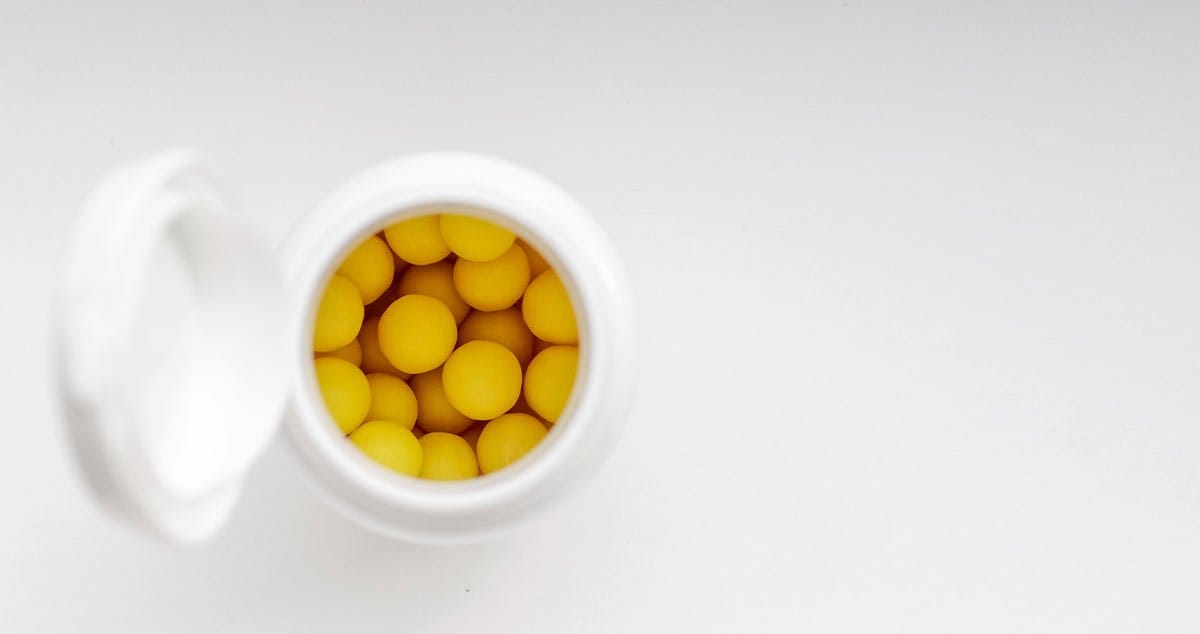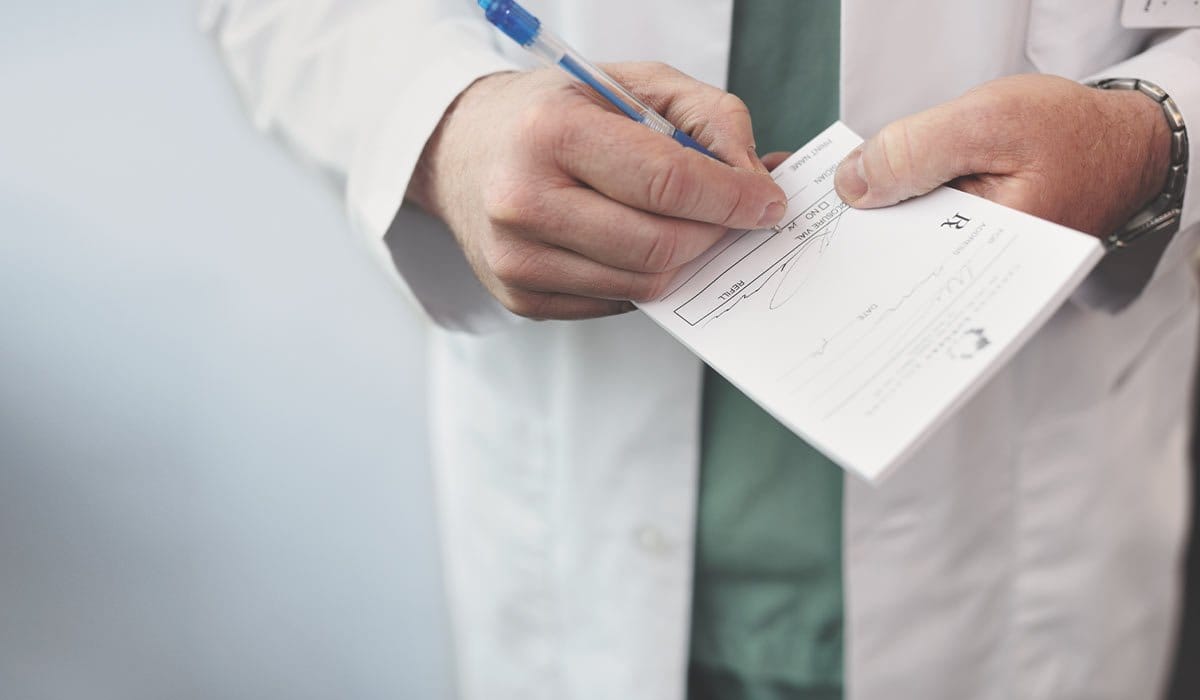Prospective patients ready to take the next step and seek addiction treatment often want to know how drug rehab works. In order to be most effective, inpatient therapy is the ideal choice. By taking a closer look at drug rehab facilities, individuals struggling with addiction uncover how rehab prevents relapse from occurring.
The Need for Drug Rehab Facilities
Drug rehab facilities are more than just an optional part of addiction recovery. Sadly, many individuals struggling with drug addiction aren’t convinced that rehab is effective or necessary. According to the Substance Abuse and Mental Health Services Administration in 2009, of the 23.5 million people dealing with substance abuse, only 2.6 million receive help at a rehab facility. Rehab is a secure environment where patients learn how to cope with addiction, uncover underlying trauma and diagnose mental health issues. Even with dedication and commitment, it’s impossible to replicate these benefits without a rehab center’s medical supervision.
Accountability of Secure Drug Rehab Facilities
On a very practical level, rehab can be more effective when it offers an inpatient program with 24/7 supervision. This monitoring creates a level of accountability for all patients. In a closed environment, there won’t be access to drugs or illicit substances. If access is impossible, so is an immediate relapse. Drug rehab often relies on modern technology to increase patients’ accountability. Regular drug testing makes sure that all participants stick to drug abstinence and follow the regulations of the program.
Quality Drug Rehab Facilities Use Evidence-Based Treatment Methods
Drug rehab facilities work because they rely on evidence-based treatment. These methods have been tested and scientifically proven to reduce the likelihood of a future relapse. Alternative, holistic therapies can also be effective, but the basis of most successful drug rehab facilities should be evidence-based. Examples of tested and proven therapies for drug addiction include:
- Cognitive behavioral therapy (CBT)
- Dialectical behavioral therapy (DBT)
- Pharmacological therapy
- Group counseling
Aftercare Offers Continued Support
Drug rehab doesn’t—and shouldn’t—end when the patient goes home. One way to measure the effectiveness of drug rehab facilities is the level of aftercare offered. Aftercare can be as simple as recommending a local 12-step program for patients or establishing alumni groups for continuing group therapy. It could also include the opportunity for sober living facilities as a transition to independent life. Stepping Stone Center for Recovery can be the key to lasting recovery from addiction. If you’re ready to begin down your recovery journey, call 866-957-4960 to learn how our programs can transform your life.









